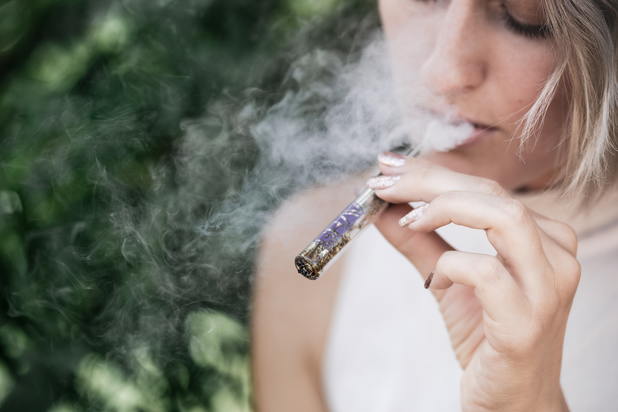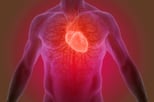After alcohol, marijuana is the most commonly used substance in America. It's particularly widespread among adolescents and young adults, but people of all ages and demographics use marijuana. In fact, research shows that 90 million Americans have used marijuana at some point during their lives.
While marijuana used to carry a large stigma, this stigma is no longer as pervasive. As more and more states move towards legalization, people are becoming more lenient about their positions regarding marijuana. And while the drug itself can yield positive physical and emotional health benefits, research shows marijuana isn't as harmless as people make it out to be.
A recent study has connected marijuana use to an increased risk of a heart attack in young adults. Let's get into what you need to know.
What The Research Shows
Researchers from Reuters Health examined data from 1,694 patients ages 15 to 24 who were hospitalized for heart attacks, in addition to almost 9.4 million other patients in this age group hospitalized for different reasons.
Overall, the risk of a heart attack hospitalization was 30 percent higher for marijuana users than non-users. Despite claims that marijuana doesn't have adverse risks, 15 percent of the young people hospitalized for heart attacks reported using marijuana.
Likewise, marijuana users appeared to have worse outcomes in the aftermath of a heart attack than patients who used other mood-altering substances like cocaine, opioids, or amphetamines. Almost 15 percent of the marijuana users experienced serious illness when admitted for heart attacks, which was also higher than rates for other substances.
Of course, it should be noted that this research is correlational. At this point, it is impossible to determine if one factor (marijuana) triggers a specific reaction (heart attack) or if there are other variables attributing to this phenomenon.
The Relationship Between Marijuana and Heart Attacks
Medical professionals don't completely understand the relationship between marijuana and cardiovascular health. That said, research shows that the risk of a heart attack is much higher in the hour after smoking marijuana than it would typically be. This increased risk is likely because cannabinoids act on the parts of the cardiovascular system associated with blood vessels and resting heart rate.
Scientists do recognize that people with established heart disease can develop complications more quickly if they start smoking marijuana than they would otherwise.
Therefore, people who are predisposed to heart disease (whether they are aware of it or not) may be at a higher risk for developing cardiovascular problems due to marijuana use.
Other Considerations
Marijuana's potency has surged over the past decade. In the 1990s, marijuana contained about 4 percent THC. In 2014, it increased to 12 percent.
TCH is the most psychoactive component in the marijuana plant, and a higher potency is associated with greater health complications.
Although evidence remains scant, some researchers believe that smoking marijuana can increase inflammation and cellular stress. These are known factors associated with coronary artery attacks and heart attacks.
While it's premature to label all marijuana use as hazardous, consumers should be aware of the risks of such substance use. It is possible to abuse this substance, and it is also possible to have emotional and physical complications as a result of marijuana use.
If you or someone you know is seeking help from addiction, please visit our directory of treatment centers or call 800-772-8219 to speak to a treatment specialist.








